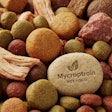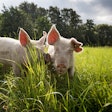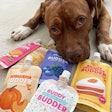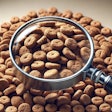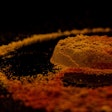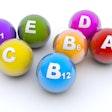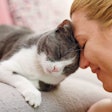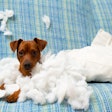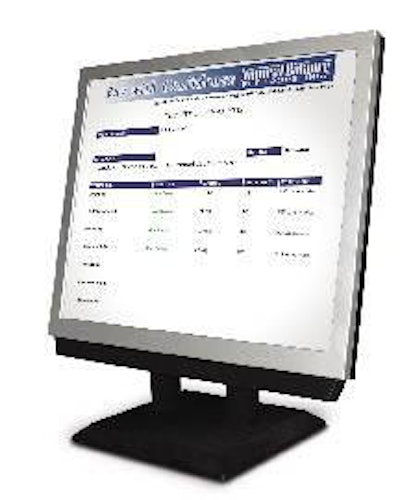
"We'll be doing this until we die," says Natural Balance's president Joey Herrick about himself and his executive VP Frank Koch. He's referring to providing a way for their customers to see the laboratory test results for all Natural Balance Pet Foods products.
Herrick points out that throughout the recalls of spring 2007, pet owners kept saying, "We don't know what's safe." After a lot of work and expense finding the best testing methods for melamine and cyanuric acid, Herrick was confident Natural Balance had a system that would "allow us to sleep at nights." But, he thought, how would their customers know the products are safe? That's when Herrick decided to post test results on the Natural Balance website. Customers can now log on to see that the product batch they're feeding has passed certain laboratory tests. The procedure is:
- Log onto www.naturalbalanceinc.com.
- Click on the "Buy with Confidence" banner.
- Choose a dog or cat formula, for example, "Duck and Green Pea Formula canned cat food-6 oz."
- Enter the product's date code, for example, "10/10/2010."
The results of the tests performed on that batch will then be displayed. The company will not ship any product until the batch has been "signed off on" as passing the required tests.
An unexpected bullet
After the recalls in March 2007, Natural Balance thought it had dodged a bullet because it did not use wheat gluten. Still, the company began setting up Natural Balance Laboratories (NB Labs) to screen for melamine and cyanuric acid. In mid-April, the company was stunned to find two Natural Balance products had been contaminated via rice protein laced with melamine and cyanuric acid. Fortunately the date codes affected represented only a truckload and a half. Nevertheless, Herrick decided to recall all date codes of the two affected SKUs so no contaminated products would remain on the shelves by mistake. The company's sales force also kept their customers in the loop.
In dealing with problems stemming from Natural Balance products, the company's insurance policy allowed for coverage of either the purchase price of the affected pet or the veterinary expenses involved, whichever is lowest. Often, the insurance company opted to pay for the value of the pet. Natural Balance dealt with these situations by giving their customers enough money to cover the veterinary expenses.
Taking the high-tech road
When the mystery of the 2007 petfood recalls was apparently solved, Herrick looked for kits to test for melamine and cyanuric acid. None were available. Happily by May 2007, Midwest Laboratories in Omaha, Nebraska, USA, had a way to test for these contaminants.
Around the same time, Natural Balance hired research biochemist Ali Haghighi, PhD, to create the protocols at NB Labs for melamine and cyanuric acid testing, as well as oversee all lab testing procedures. The company also hired a quality control chemist to implement the testing procedures. By mid-August 2007, NB Labs was up and running.
NB Labs and Midwest Laboratories, their independent lab, use ELISA tests for aflatoxin and vomitoxin screening. To test for melamine and cyanuric acid, Midwest uses two different methods. One is liquid chromatography mass spectrometry and the second is a gas chromatograph fitted with a nitrogen-phosphorus detector.
NB Labs uses an integrated liquid chromatograph-mass spectrometer from Applied Biosystems (www.appliedbiosystems.com). Accuracy is ensured by periodic, independent verification by an outside laboratory. More details about the testing methods can be found by going to the test results page as previously described and clicking "Learn more about our testing."
A big bounce
How did the recalls affect Natural Balance's business? "We went flat and that lasted until September," says Herrick. "Then we saw a strong rebound in growth." He attributes the recovery to three key factors:
- How the company handled the recalls;
- Its sales force; and
- Its "Buy with Confidence" program.
The result? October and November 2007 were the best months in the history of the company.

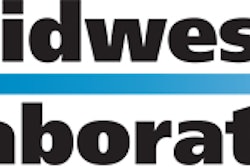

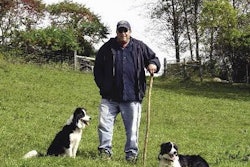
.png?auto=format%2Ccompress&fit=crop&h=167&q=70&w=250)


